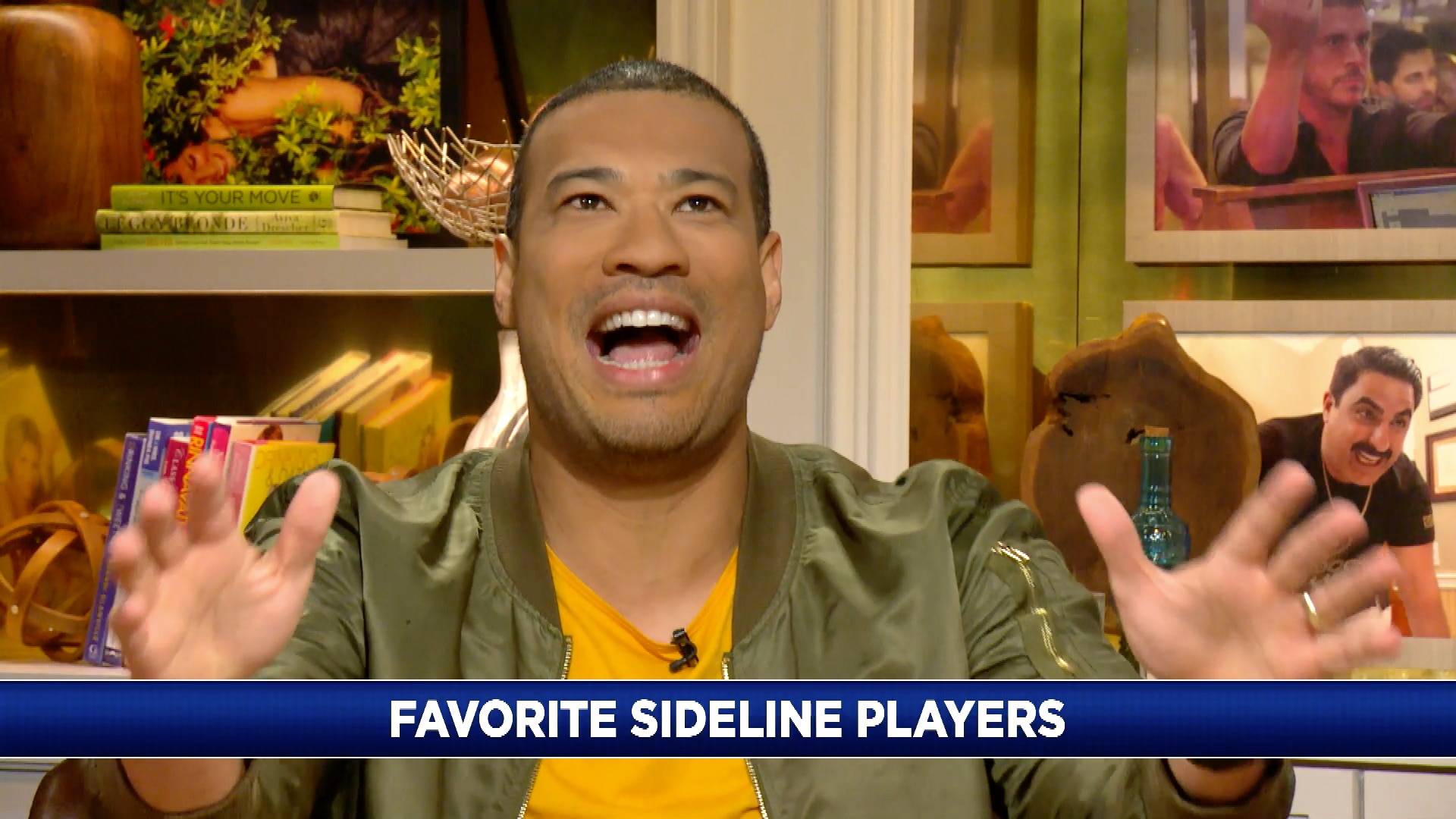

It can be as simple as waving a hand or as complex as a game guided by indecipherable rules that changeīut play is never just one thing. Play can be loud and boisterous or quiet and subdued. It’s building a tower with blocks or making music with a box. Play is chasing a butterfly around the garden as much as it is dressing up as a lion. It changes over time as children master new skills and reach new stages in their development. In the Reggio Emilia approach, children learn through play. They inherently find fun and opportunities for play in everything they do.Īccording to Piaget’s theory, play is integral to the development of intelligence. There is this wonder about childhood and seeing the world through a child’s eyes. We’ve created this overview below so you can help support your child’s development through play. Every child will develop - and play - at their own pace. However, it’s important to remember that every child is different. There is some predictability in the types and stages of play as they are progressive in nature. No matter how chaotic or mundane your children’s play may seem, there’s more to it than meets the eye. Spending the day doing puzzles? Hello, problem-solving skills. Playing schools or creating a pretend cafe? These will give their communication, social and emotional skills a boost.

Throwing a ball or jumping like a kangaroo? They’re both great for developing gross motor skills. Play is how young children learn and develop. But it’s not just about a fun way to pass the time. Play is one of the best parts of childhood. You may even be surprised at what your child can teach you. It’s a great way to strengthen your bond and also presents opportunities for teaching and learning. Play doesn’t come as naturally to parents as it does to children, but it’s important that you are present during play with your child wherever possible.Each stage builds on the next as children grow and develop.


 0 kommentar(er)
0 kommentar(er)
